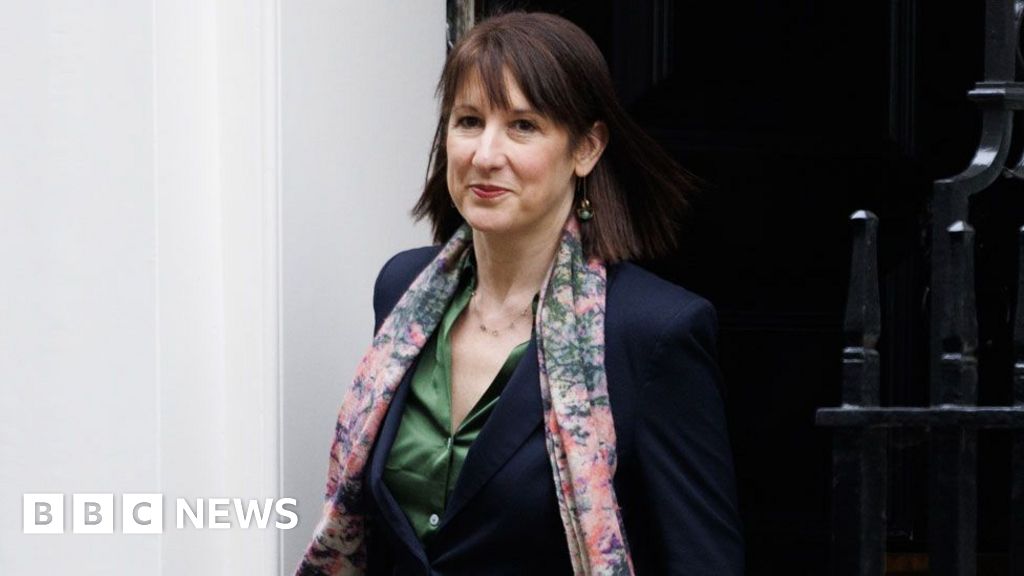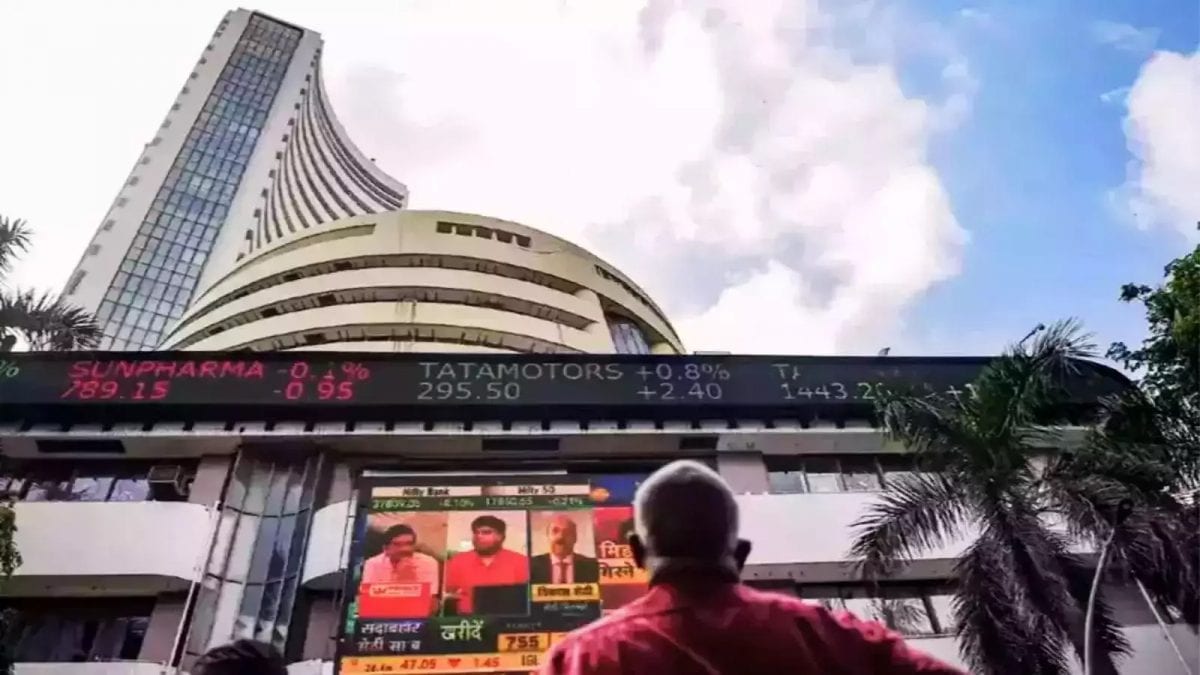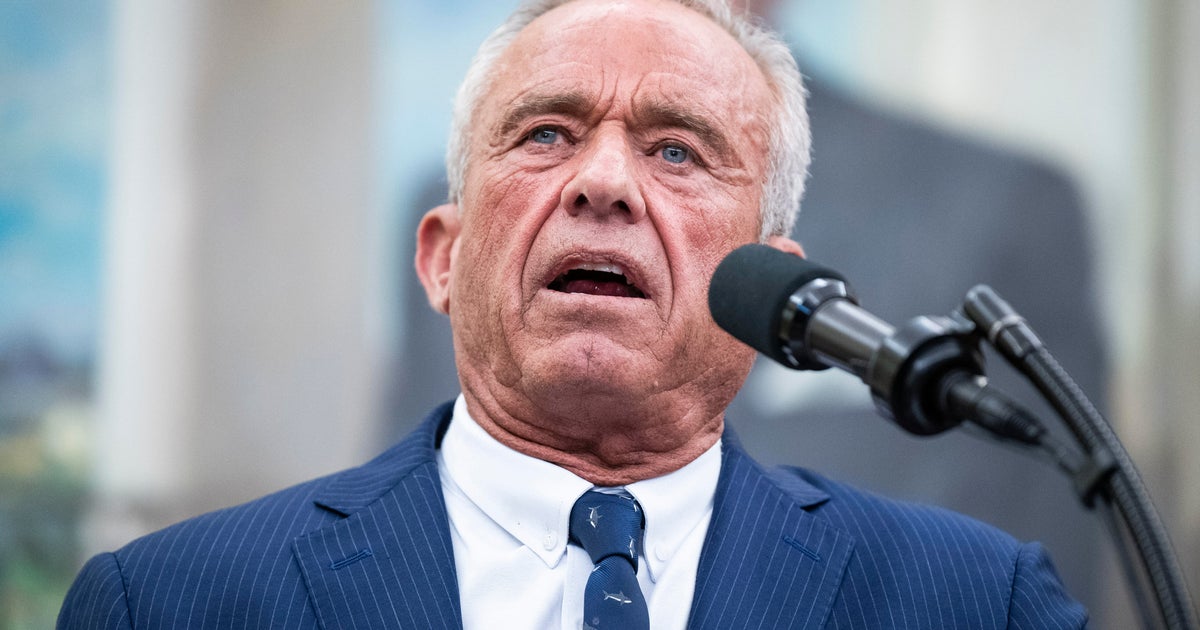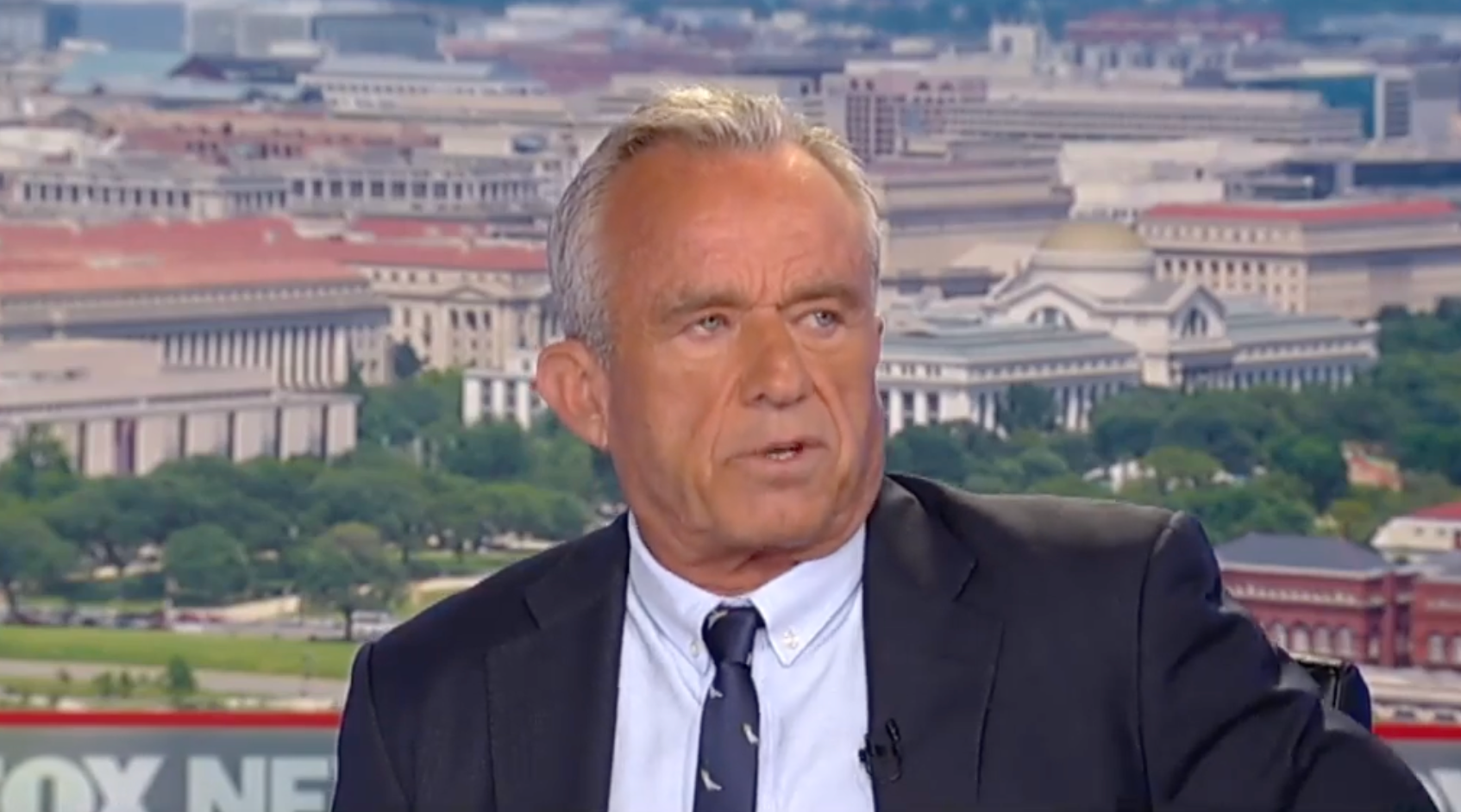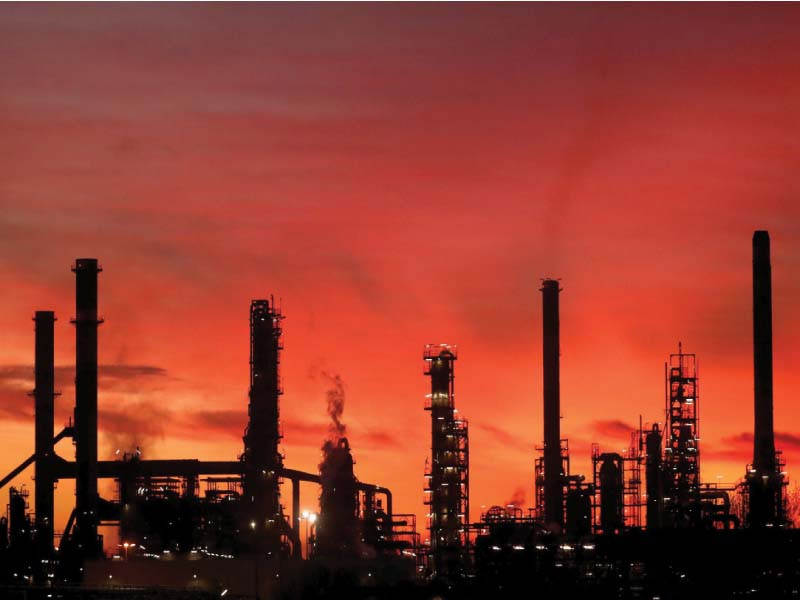ISLAMABAD:
The Oil and Gas Regulatory Authority (Ogra) and oil marketing companies (OMCs) are locked in a tug of war over the recovery of exchange rate losses on imports, which have put the latter on the verge of collapse.
Last month, OMCs had conveyed to the government that they had incurred losses of Rs32 billion in just one fortnight of February owing to sudden depreciation of Pakistani rupee against the US dollar.
According to sources, the issue was taken up in a meeting held by the regulator on Friday.
During the huddle, it was highlighted that the regulator was violating the oil pricing mechanism covering the exchange rate losses, which was approved by the federal government.
OMCs argued that Ogra was bound to settle the exchange rate losses within a month’s time in line with the oil pricing formula.
In recent months, the regulator had been settling the exchange rate losses after 90 days instead of 30 days. This has pushed the OMCs on the verge of collapse, according to sources.
Ogra was reluctant to follow the approved pricing mechanism. It insisted that the OMCs should retire Letters of Credit (LCs) for oil imports after selling petroleum products in market without settling the exchange rate losses.
OMCs, other than PSO, had also requested for allowing them not to follow the date of LCs opened by PSO. At present, oil prices are linked with the cost of imports made by PSO.
Meanwhile, Ogra in a statement said “it is committed to protecting consumer interest as well as providing a level playing environment for its stakeholders.”
Ogra convened a meeting on the request of OMCs to discuss the exchange rate adjustment mechanism. It was attended by industry representatives including the Oil Companies Advisory Council (OCAC), Oil Marketing Association of Pakistan (OMAP) as well as officials of the Ministry of Energy (Petroleum Division) and Ogra.
Ogra’s finance department explained the exchange rate adjustment mechanism in depth so that the stakeholders may understand the process.
It was noted with deep concern that a counterproductive media campaign was being run against Ogra, which was rebutted. “Ogra is cognizant of its mandate and is fully committed to working in public interest,” the regulator emphasised.
Last month, oil companies claimed that they had suffered a huge loss of Rs35.88 billion in the wake of artificial control of the government over petroleum product prices.
Of the total loss, the currency exchange loss was calculated at around Rs32.6 billion for the second fortnight of February 2023.
Separately, the oil industry said that it was incurring a loss of Rs2.9 billion on account of customs duty and Rs305 million due to low margins. Industry players say the government is violating its approved oil pricing formula and artificial price adjustments are being made on verbal orders.
According to them, duties on high-speed diesel (HSD) and petrol imports have been reduced following verbal instructions of Ogra.
OCAC Chairman Waqar Siddiqui, in a letter to Minister of State for Petroleum Musadik Malik last month, warned that the government had been making artificial adjustment in oil prices without following the approved formula.
He pointed out that the practice had continued since last year during which the oil industry suffered a loss of Rs35 billion. “The oil industry will not be in a position to meet oil demand if such artificial price adjustment continues.”
Turning to industry margins, the OCAC chairman pointed to a long pending revision in margins of OMCs on motor fuels, which was approved by the Economic Coordination Committee (ECC) on October 31, 2022.
The revised margin of Rs6 per litre has not been fully incorporated into the HSD price to date.
The industry is enduring a severe financial crunch due to high global prices, depreciation of the rupee, increased LC confirmation charges, challenges in establishing and retiring LCs, high markup rates, high premiums on import, etc.
Published in The Express Tribune, March 25th, 2023.
Like Business on Facebook, follow @TribuneBiz on Twitter to stay informed and join in the conversation.








